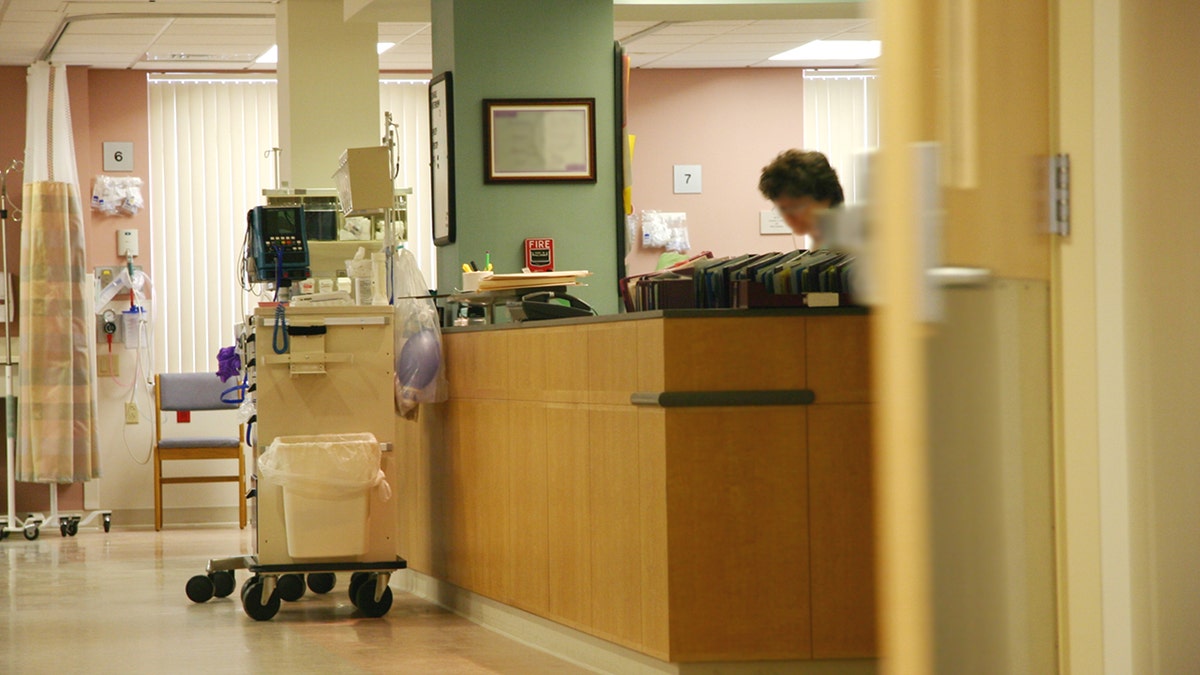
A report published by the Atlanta Journal-Constitution alleges instances of still-employed, drug-abusing nurses botching patients’ medications, administering unauthorized opioids and tampering with medical supplies to achieve a fix. (iStock)
An investigation has found Georgia’s most fragile population – the ill and ailing – may be in imminent danger due to a culture of secrecy and questionable tactics employed by the state’s regulatory board for nurses, which stands accused of acting to keep drug-addled health workers employed while keeping the public in the dark.
A report published by the Atlanta Journal-Constitution alleges instances of still-employed, drug-abusing nurses botching patients’ medications, administering unauthorized opioids and tampering with medical supplies to achieve a fix.
The news outlet’s investigation alludes to the secrecy surrounding the way the Board of Nursing handles it’s disciplinary cases and it’s lack of record keeping. According to AJC.com, many opioid-addicted nurses are offered second and third chances despite having relapsed, with the public shielded from information pertaining to a nurse’s drug history.
ONE-THIRD OF NEW HEROIN USERS BECOME DEPENDENT ON IT
“We have boards to protect the public, not to be soft touches,” state Rep. Sharon Cooper, chairwoman of the House Health and Human Services committee and a registered nurse, told AJC.com. “I know how bad the drug problem is. And so I really think that the first priority should be to the patient’s protection.”
Cooper alleges that the board is acting to uphold the reputation of the profession, rather than protect the public. But Janice Izlar, president of the 13-member board, counters that the secrecy surrounding the panel’s disciplinary actions actually assists the investigative process and allows for the monitoring of accused nurses, rather than getting tied up in public legal battles while trying to revoke licenses.
Instead, the board says it offers offending nurses private disciplinary orders. In 2017, 54 percent of the 333 disciplinary orders issued were private. Izlar did not reveal how many orders were opioid-related.
FATAL ACCIDENTS INVOLVING DRUGS SURPASES ALCOHOL-RELATED CRASHES: REPORT
“Many times, the nurse does not want their name on a public Board of Nursing website that there has been discipline,” Izlar told AJC.com. “And so they will accept the order and actually get under monitoring and under appropriate care that has been determined by their physician. And they will actually sign this order much quicker, and they will go ahead and get into the programs and into monitoring much quicker.”
But once the private orders -- which include submitting to drug screens, notifying employers and avoiding jobs with access to drugs -- expire, the offending nurse’s records are concealed. And while Izlar insists that nurses who are caught working while impaired or diverting drugs can’t get private orders, AJC.com reported there is no way to verify that policy.
“I’m sorry if some nurse gets her license suspended and that’s her livelihood,” Cooper told AJC.com. “But if she’s in the position of putting patients at risk, then so be it.”
